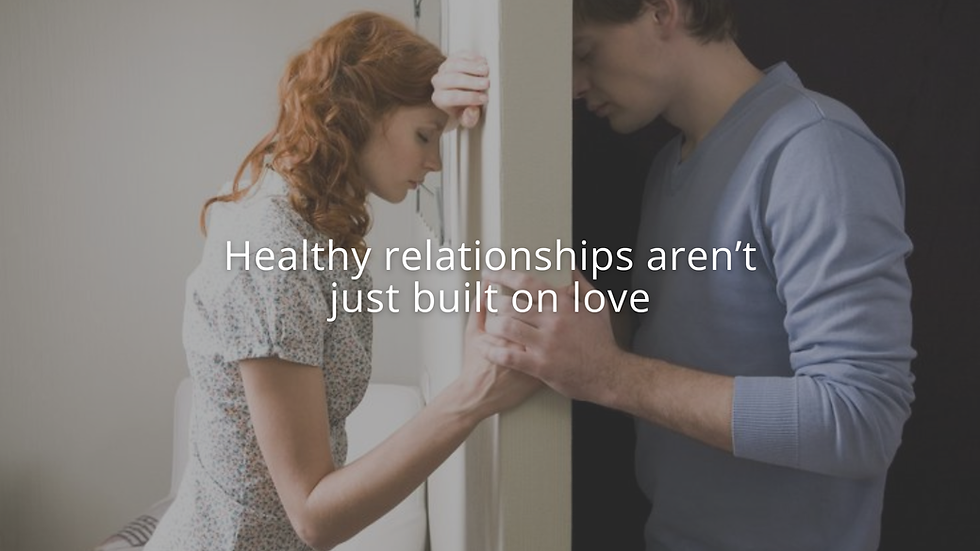Understanding Coercive Control: A Hidden Threat
- May 13, 2025
- 2 min read

Today, we're diving into a topic that affects more people than we realise: coercive control. Whether you've been a victim, an enabler, or unknowingly exercised controlling behaviours yourself, it's time to get honest about the roles we all play in these dynamics.
What is Coercive Control?
Coercive control is a pattern of behaviour designed to dominate, manipulate, and erode a person's sense of autonomy—often without them even realising it. Unlike physical abuse, which is more overt, coercive control operates subtly, making it harder to detect and even harder to escape.
Recognising the Signs
Have you ever felt like you had to constantly justify your actions, seek permission, or walk on eggshells around someone? You might be experiencing coercive control. Signs include isolation, surveillance, gaslighting, financial restrictions, and emotional manipulation.
Are You Enabling Coercive Control?
Sometimes, well-meaning friends or family unknowingly enable coercive control by dismissing red flags. Statements like
"That's just how relationships are" or "They're just protective because they love you"
minimise controlling behaviour and make it easier for manipulation to continue unchecked.
Self-Reflection: Are You Controlling?
Many people don't realise they're engaging in coercive control. It can be subtle, often disguised as concern, protection, or leadership. Ask yourself: Do I monitor or dictate someone else's actions? Do I use guilt, shame, or fear to influence decisions? Recognising these behaviours is the first step towards change.
The First Step Toward Change: Self Awareness
The journey towards change begins with self-awareness. Recognising controlling behaviours doesn't make you a bad person, but ignoring them allows them to continue. Self-awareness involves reflecting on your actions and understanding their impact on others. Ask yourself: Do I respect the autonomy of those around me? Am I open to feedback and willing to change? By becoming more self-aware, you can start to build healthier, more respectful relationships.
The Impact of Coercive Control
The psychological and emotional impact of coercive control can be devastating and long-lasting. Victims often experience chronic anxiety, depression, and even PTSD due to the constant manipulation, fear, and emotional exhaustion they endure.
Breaking Free and Seeking Help
Leaving a controlling relationship is not always as simple as just walking away—exiting safely is key. Seeking professional support, reconnecting with trusted friends and family, and having a safety plan are crucial steps.
For a deeper dive into this topic, listen to our latest podcast episode. If you or someone you know is experiencing coercive control, don't hesitate to email me directly at vee@headquarterscounsellingservices.com.au. We're here to help you reclaim your autonomy and sense of self.
Vee Vinci is the CEO of HeadQuarters Counselling Services, offering direct, down-to-earth guidance on relationships, career development, and personal growth. For more thought-provoking conversations on topics that matter, visit our website or subscribe to our podcast.



Comments